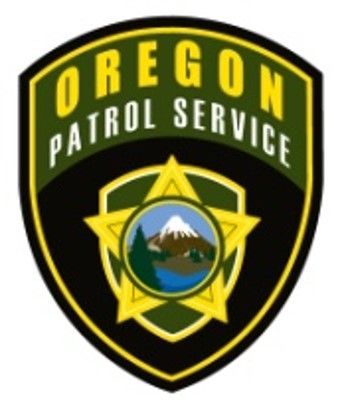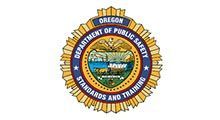FAQs
Oregon Patrol Service
Have a question about our services? We have the answer. Check out these FAQs and give us a call today for more information!
You mention flexibility and customization - how does that work?
At Oregon Patrol Service, we tailor our security strategies to each client's specific needs. We begin by collaboratively defining goals and identifying security vulnerabilities. While we can offer insights from similar businesses, our primary focus is on developing a plan that works best for you. For instance, while vacation checks are typically for residential clients, we can adapt this service for businesses that may be closing temporarily. Our leadership team is actively involved, innovative, and quick to respond. However, we only commit to services we can deliver with excellence, maintaining our reputation as a leading private security provider.What's your relationship like with local police agencies?
We place great importance on maintaining a professional relationship with law enforcement agencies. It's crucial that they trust our officers' judgment and decision-making abilities in critical situations, and respond promptly when we require assistance. To foster this trust, we partner with and support our local agencies whenever our clients require. We emphasize our understanding of the legal boundaries of our authority and express our deep respect for their work. Regular meetings with station commanders help us understand local protocols and how we can support their efforts. Our aim is to build a strong reputation based on mutual respect, trust, and cooperation with law enforcement.
Your website mentions proof-of-service - what is it?
Proof-of-service is our method of providing tangible evidence of our patrols to our clients. Our officers use advanced scanning and tracking software on handheld devices to document their routes and scan QR ID tags placed throughout each property. This information is then uploaded to our patrol management software, recording the responding patrol officer, site arrival time, any anomalies found, and locations checked. Anomalies may include unsecured doors, non-functioning lights, or other issues. For more serious problems, we may contact you directly or alert local law enforcement if necessary. We send incident reports, as applicable, and proof-of-service to our clients upon request.
Your patrol officers look like police - what are the main differences?
While our patrol officers may appear similar to police, there are significant differences in our roles and responsibilities. Law enforcement officers are 'sworn' personnel with a 'duty to act' as dictated by state statutes. As non-sworn private security providers, we have a 'right to act' rather than a duty, which allows for more flexibility in handling situations. We are regulated by state statutes and require certification, and in some cases, licensing. Our training equips us to understand when we can and cannot exercise our statutory authority. The similarity between us and law enforcement stems from our shared commitment to safety and security. However, while police serve the public, we serve private entities.


Share On: